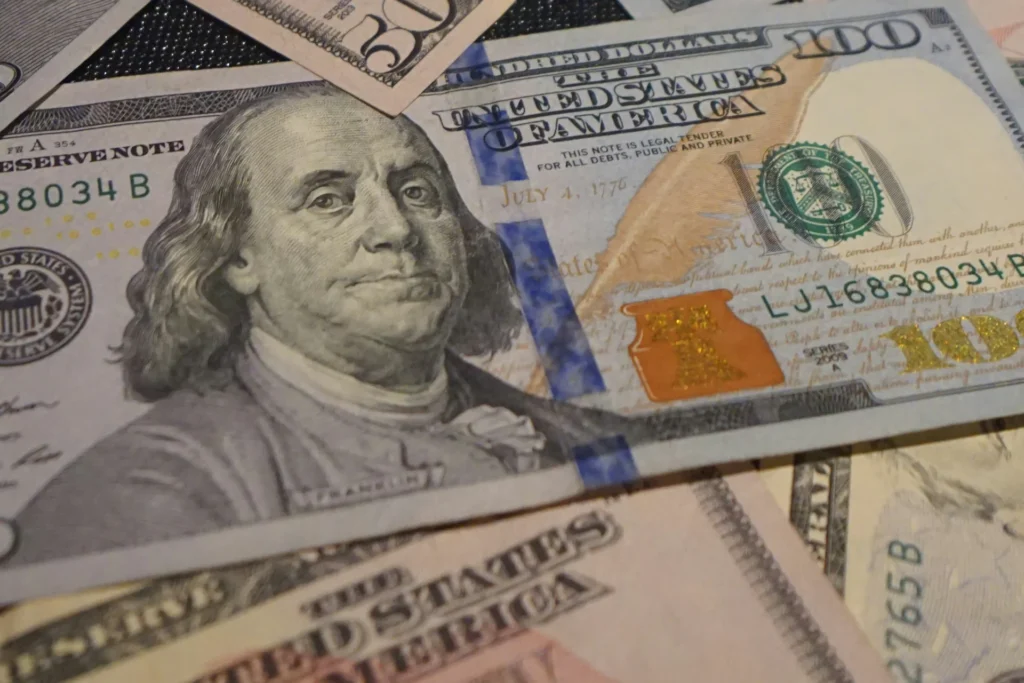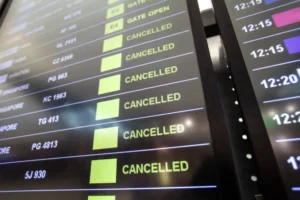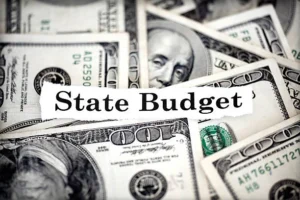Governor Mike Dunleavy vetoed a bill that would have capped payday loan interest rates at 36%, drawing widespread criticism. The legislation, Senate Bill 39, aimed to remove a longstanding exemption allowing payday lenders to bypass lending laws in Alaska. It passed both the House and Senate with bipartisan support earlier this session.
Supporters of the bill argued that it would protect consumers from predatory loans with interest rates as high as 521%. They emphasized how borrowers, often in financial distress, fall into cycles of debt due to exorbitant fees and short repayment windows. The bill’s lead sponsor, Rep. Ted Eischeid of Anchorage, expressed deep frustration with the governor’s decision.
“I’m very disappointed,” Eischeid said in a phone interview. He explained that the bill would have ended payday debt traps that harm working Alaskans yearly. He added that loans are easy to obtain but difficult to repay, keeping borrowers stuck with recurring fees.
Dunleavy defended the payday loan veto due to concerns about restricting access to short-term credit and enforcement complications. He argued that the changes could hurt those without traditional banking options, limiting financial choices across the state.
Eischeid challenged those claims, noting his team had worked closely with the Division of Banking and Securities to address regulatory issues. According to 2023 state data, over 7,000 Alaskans borrowed $17.4 million through payday loans averaging $440 each.
Most took out about 5.5 loans, a pattern that reflects ongoing financial strain. Lenders also recovered $3.7 million by garnishing Permanent Fund Dividends from borrowers between 2017 and 2023.
Consumer advocates, including the Alaska Public Interest Research Group, condemned the payday loan veto as a win for predatory lenders. They called on lawmakers to override the veto during the next legislative session. Eischeid said discussions about that option are ongoing.











